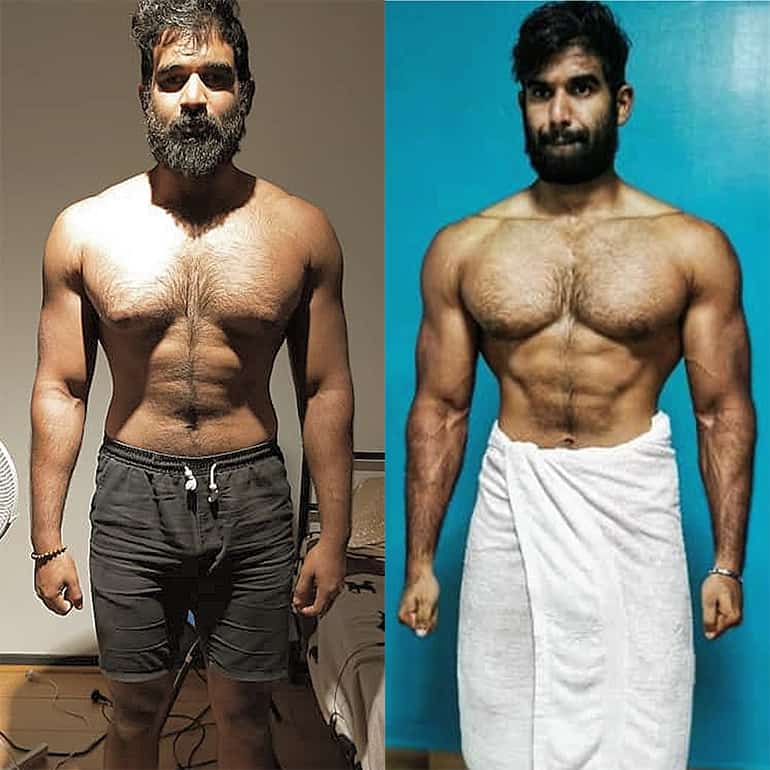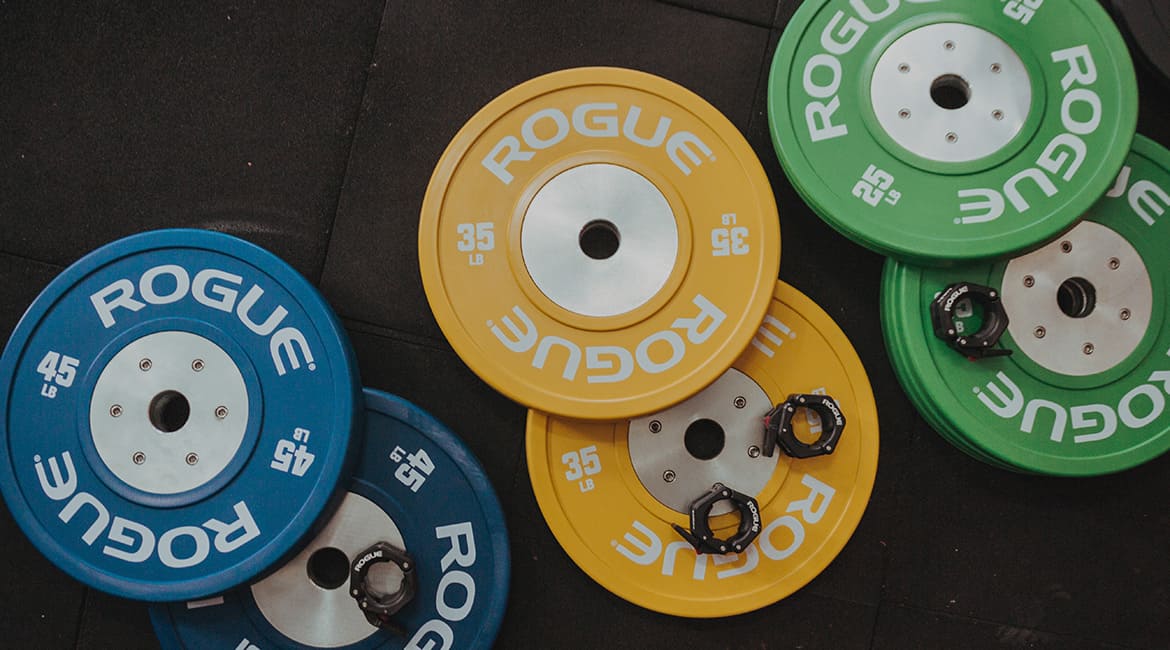
Alcohol: Friend or Foe?
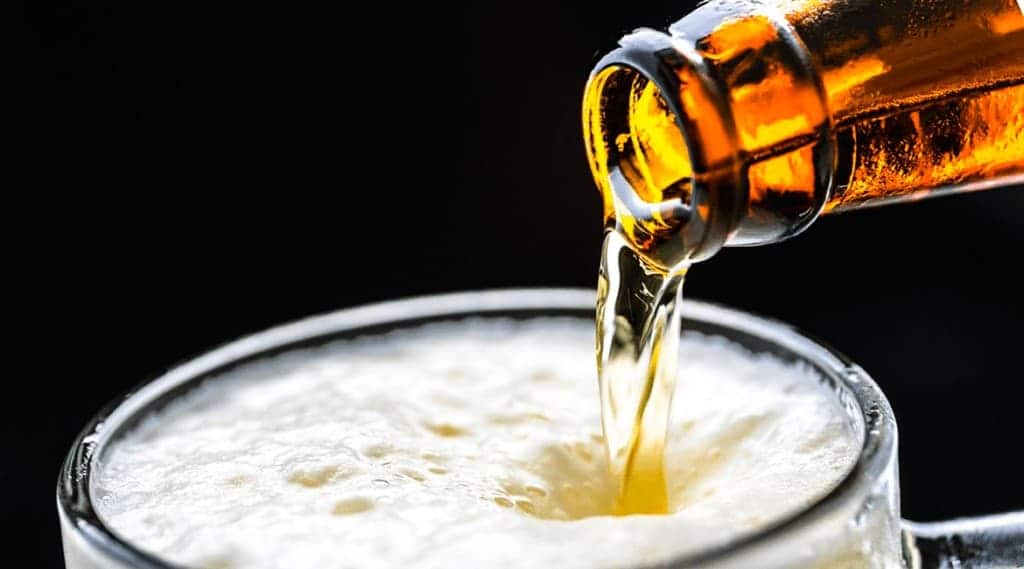
Alcohol can be polarising. Its unquestionable that too much alcohol intake is very harmful to the body but a lot of us like to have a drink every now and then. Do you really know what alcohol is and how it affects the body?
Here’s a quick graphic to get you started:
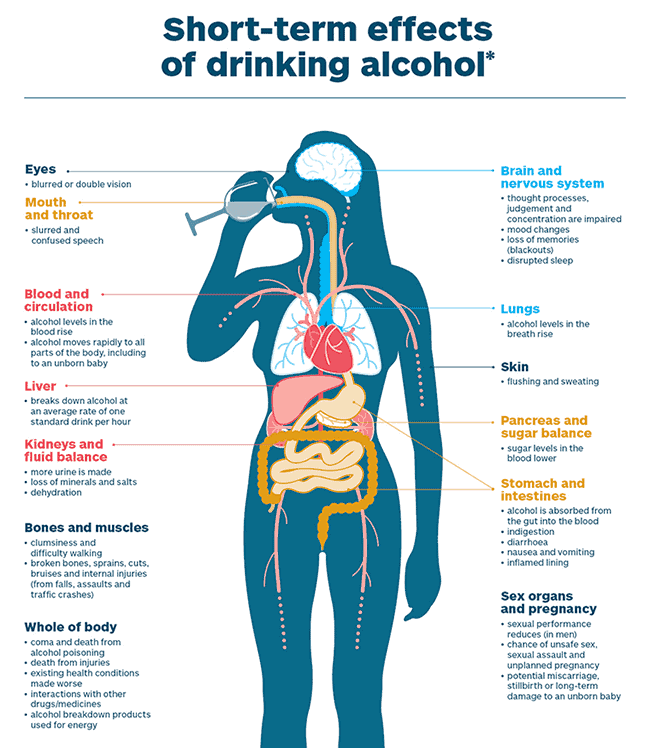
How alcohol is broken down in the body
The major ingredient in alcoholic beverages is ethanol. When you drink alcohol, the ethanol is absorbed through the small intestine. Now that alcohol is in your system your liver must go to work. When your liver breaks down ethanol one of the by-products is acetaldehyde, which is toxic to the body. It is the build-up of acetaldehyde that causes stomach cramps, vomiting and contributes to that hungover feeling.
This is not initially a bad thing because your body will break down the acetaldehyde into acetate. Acetate is then further processed into acetyl-coA, a molecule that is involved in carbohydrate, protein and fat metabolism.
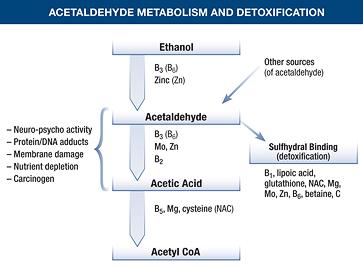
In laymen’s terms what this means is that your liver first breaks down alcohol to make essentially a poison, but your body is designed to deal with this poison.
These reactions to break down ethanol occur at a rate of about 7g per hour. If you are putting more than 7g of ethanol into your body every hour, you will be drinking faster than your body can break it down, and you will get drunk. You will also get a build up of acetaldehyde, which will lead to a hangover the next day.
The other by-products of ethanol break down can also build up in the body and cause issues with metabolism of glucose, and fats. Keep drinking heavily over a long period of time and you can overwhelm your liver entirely, leading to fatty deposits in the liver and eventually liver failure.
I hope you are starting to piece it all together, so I’ll ask you again, alcohol friend or foe?

Alcohol when cutting or building muscle
Obviously drinking is a big part of our culture so I’m going to go through a few strategies which can help you manage your intake and still reach your fitness goals.
I’m assuming that a lot of the readers of this article are familiar with the three macronutrients – carbohydrates, protein and fats. Alcohol is none of those things, it is a fourth macronutrient all on its own. Just like the other macronutrients, alcohol provides the body with energy (7 calories per gram), but it differs because it is not directly lipogenic, which means it cannot be stored by the body. However, one of the by-products of alcohol breakdown, acetyl-coA, can be turned into fat. Many alcoholic drinks are also high in sugar.
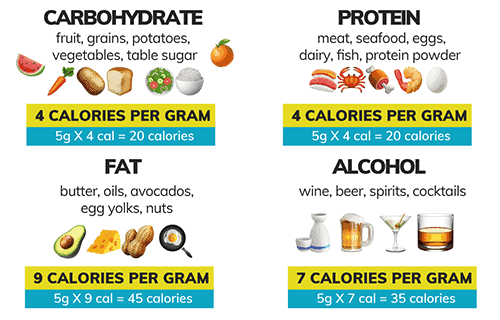
For the readers interested in reducing their weight, understand that fat loss is dependent on energy balance and you must be in a calorie deficit for this to occur. Excessive drinking can easily throw you out of a deficit and your progress will stall.
To prevent this from happening try tracking your calories and when you drink alcohol, ensure that your intake keeps you in a deficit. On my recent holiday in Bali I consumed roughly 4-6 cocktails a day! Normally I wouldn’t recommend this. Cocktails are great, but they are very high in sugar. Sugary alcoholic drinks can easily make you go over your calorie intake for the day so be wary.
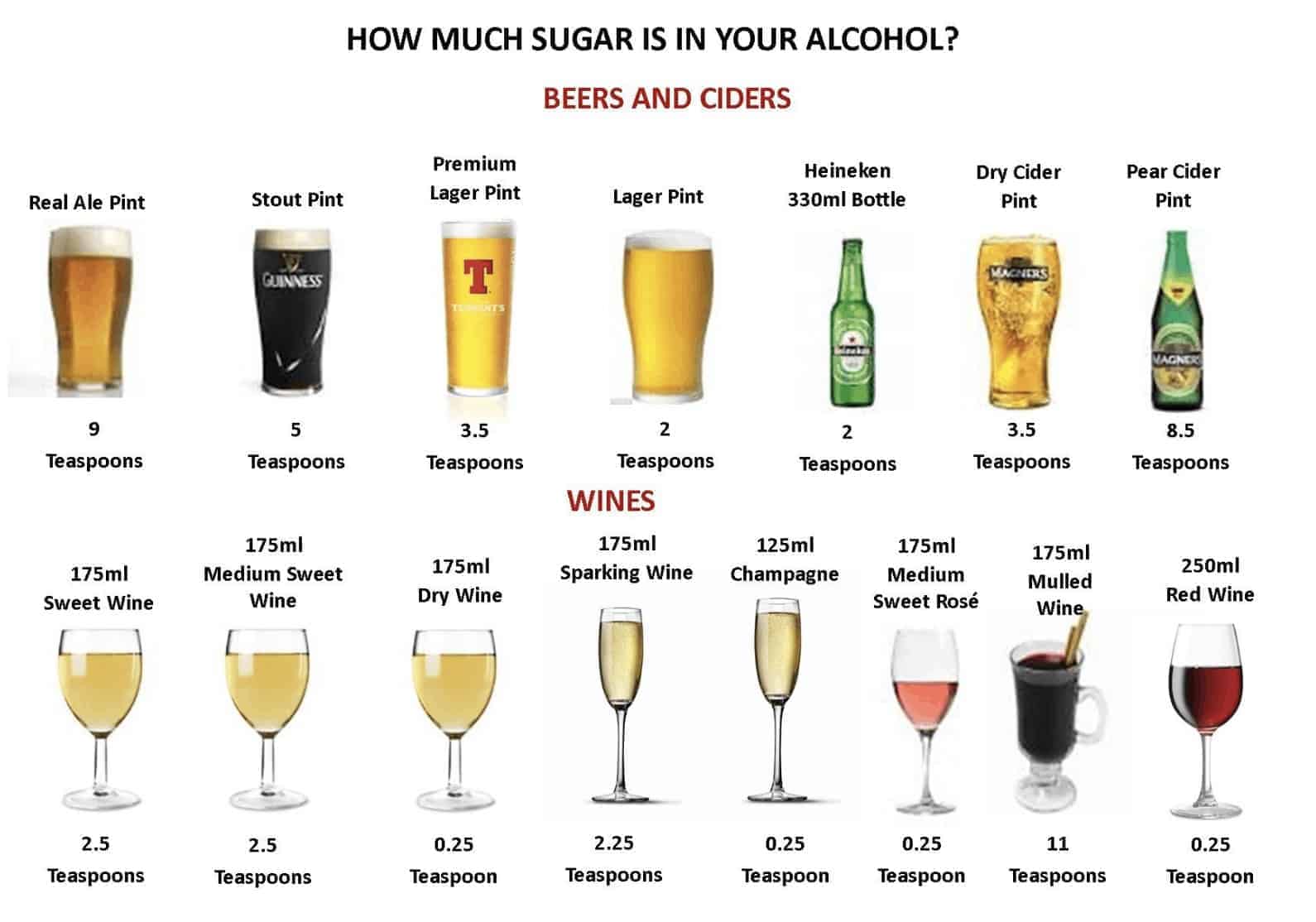
When it comes to building muscles excess calories from alcohol will stored as fat, which can help put you in a caloric surplus. The downside is that alcohol depletes your stores of B vitamins, which are essential for creating energy.
I won’t go into this in too much detail, but a number of B vitamins (B-1, B-3 and B-6) are required in the breakdown of ethanol in the liver. In people who drink too much or too often, these B vitamins aren’t regenerated quickly enough to act in their other roles in the body. Vitamin B12, which is normally stored in the liver, also can’t be stored as well when your liver is damaged by drinking too much alcohol.
As I said, B-vitamins are essential for synthesizing energy, so excessive alcohol will impede recovery. Like I’ve said in my previous articles, volume is the key driver to building muscle. If your recovery is inhibited by your alcohol intake, you won’t be able to build muscle and get stronger. This is why I personally don’t really consume alcohol unless I’m on holiday or special occasions because it interferes with building muscle and getting stronger.
As you can tell, everything goes back to moderation. A study showed that 0.5g if alcohol per kg of bodyweight had no adverse effects on the body. So, if you are already drinking at that level, disregard this whole article, you’re on the right track!
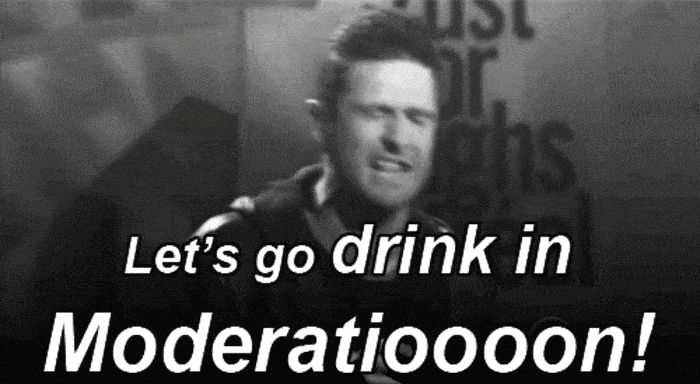
Thanks for taking the time to read this article and I hope you are got some useful information which you can apply to your training. If you would like to learn more about alcohol intake, or even nutrition in general, feel free to contact us. Alternatively, if you’d like to learn more about the services and training and nutrition programs we provide, please find more information here.
Want a free E-book?

Get your free copy of the Beginners Guide to Performance e-book and start your training journey today!
recent posts
Join Our Mailing List
Sign up and get your free copy of the Beginners Guide to Performance e-book to start your training journey today!
Ready to break through plateaus & get real results?
Contact us now to find out how we can help you take your training and phyique to the next level.

